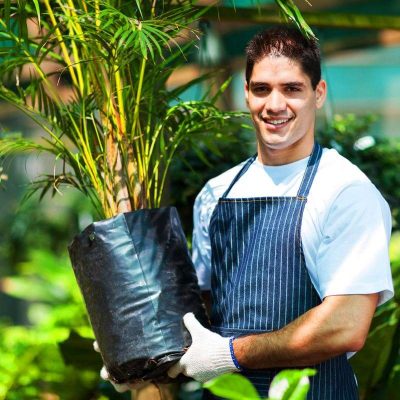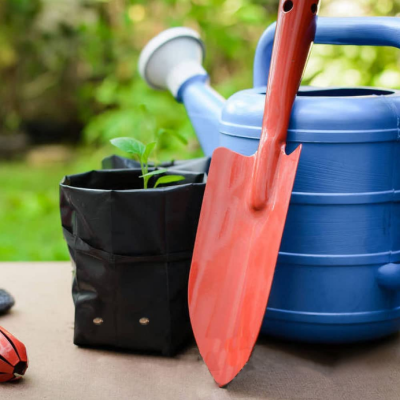Plastic grow bags, while convenient and affordable, do have an environmental impact due to their use of non-biodegradable materials. However, there are sustainable alternatives available that can help reduce the environmental footprint. Here are some options to consider:
- Biodegradable Grow Bags: Biodegradable grow bags are made from materials that break down naturally over time. These bags are typically composed of materials like coconut coir, peat moss, or other organic fibers. They provide a more eco-friendly alternative to traditional plastic grow bags.
- Fabric Grow Bags: Fabric grow bags, usually made from breathable and durable materials like geotextile fabric, offer an environmentally friendly option. They are reusable, promote good drainage and aeration, and can be washed and used for multiple growing seasons.
- Recycled or Upcycled Containers: Instead of using single-use plastic grow bags, consider repurposing or upcycling containers for your plants. Look for containers made from recycled plastics or materials like reclaimed wood or ceramic. This reduces waste and gives new life to existing materials.
- Homemade Containers: Get creative and make your own plant containers using sustainable materials like biodegradable pots, repurposed buckets, or even fabric pouches. This allows you to customize the size and shape of the containers while using environmentally friendly materials.
- Vertical Gardens and Raised Beds: Explore alternative gardening methods like vertical gardens or raised beds. These options can reduce or eliminate the need for containers altogether, as plants are grown directly in vertical structures or elevated garden beds.
- Community Gardens or Shared Resources: Consider participating in community gardens or sharing gardening resources with others. This can help reduce the overall consumption of containers and promote a more sustainable gardening approach.
- Proper Disposal and Recycling: If you do use plastic grow bags, ensure they are disposed of properly at the end of their life cycle. Check if your local recycling facilities accept plastic bags for recycling. If not, reuse them for other purposes, such as storage or organization, before ultimately disposing of them.
Remember, sustainability is a multifaceted concept that encompasses more than just the choice of containers. Other eco-friendly practices like composting, using organic fertilizers, conserving water, and promoting biodiversity in your garden can contribute to a more sustainable gardening approach.
By exploring these sustainable alternatives and implementing environmentally friendly practices, you can minimize the environmental impact of plastic grow bags and make more conscious choices in your gardening endeavors.








